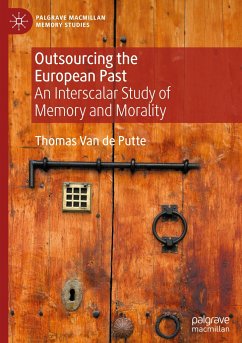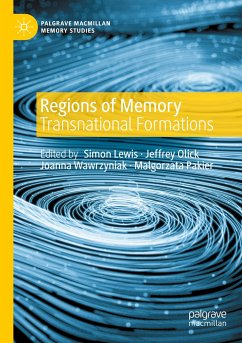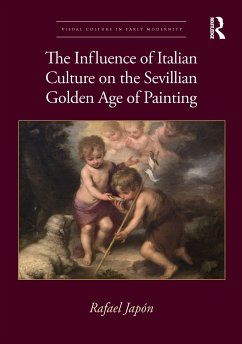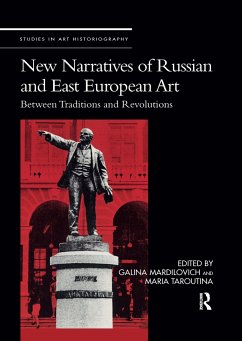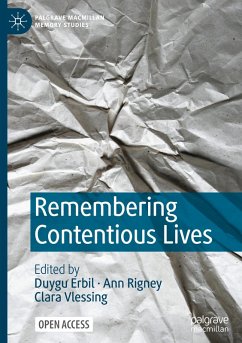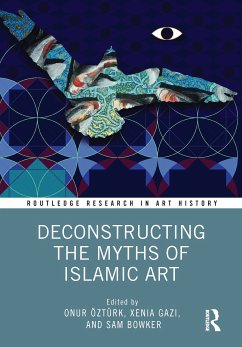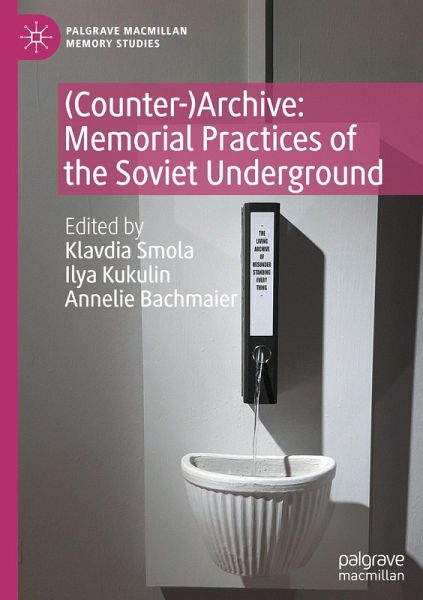
(Counter-)Archive: Memorial Practices of the Soviet Underground

PAYBACK Punkte
57 °P sammeln!
This book is the first major study exploring archival and memorial practices of the Soviet unofficial culture. The creation of counter-archives was one of the most important forms of cultural resistance in the Soviet Union. Unofficial artists and poets had to reinvent the possibilities of maintaining art and literature that "did not exist". Against the background of archival theories and memory studies, the volume explores how the culture of the Soviet underground has become one of the most striking cases of scholarly and artistic (self-)archiving, which - although being half-isolated from the...
This book is the first major study exploring archival and memorial practices of the Soviet unofficial culture. The creation of counter-archives was one of the most important forms of cultural resistance in the Soviet Union. Unofficial artists and poets had to reinvent the possibilities of maintaining art and literature that "did not exist". Against the background of archival theories and memory studies, the volume explores how the culture of the Soviet underground has become one of the most striking cases of scholarly and artistic (self-)archiving, which - although being half-isolated from the outer world - reflected intellectual and artistic trends characteristic of its time. The guiding question of the volume is how Soviet unofficial culture (de)constructed social memory by collecting, archiving and memorizing tabooed culture of the past and present.




